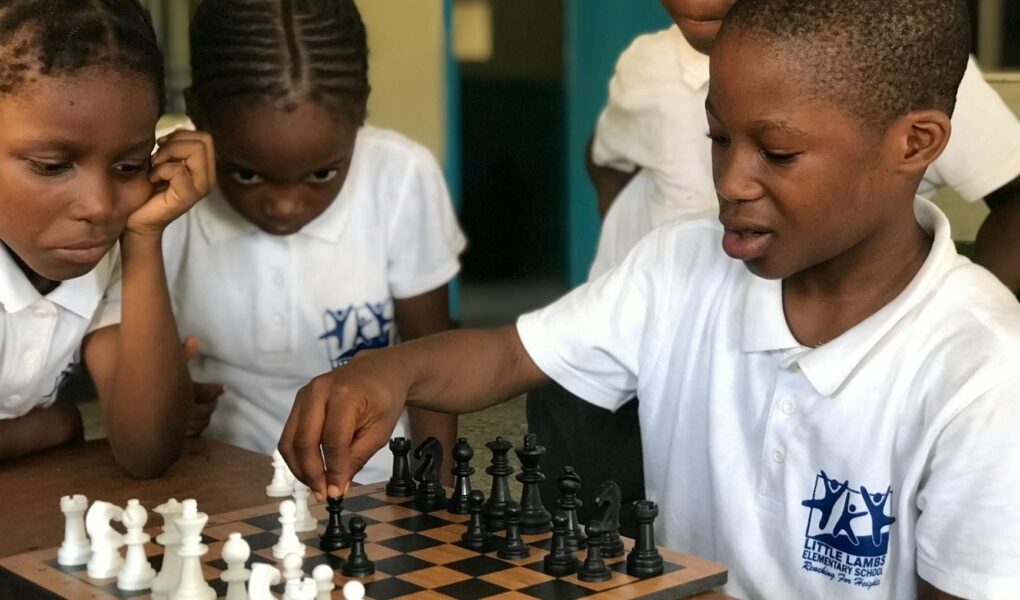The decision of where to send their children to school is a significant one that weighs heavily on the minds of many parents, particularly Black parents who seek to provide the best educational opportunities for their kids. In recent years, the debate over whether Black parents should enroll their children in private schools has gained traction, sparking discussions on the benefits, challenges, and implications of this choice. Here are some factors to consider when deciding whether to enroll Black children in private schools and examine the complexities of this decision within the broader context of educational equity and empowerment.
1. Academic Excellence:
One of the primary reasons Black parents may consider enrolling their children in private schools is the perceived academic excellence and rigorous curriculum offered by many private institutions. Private schools often boast smaller class sizes, specialized programs, and resources that can enhance the educational experience and provide opportunities for academic growth and enrichment. For Black parents seeking high academic standards and a challenging learning environment for their children, private schools may offer a compelling option.
2. Individualized Support:
Private schools are known for their emphasis on personalized attention and individualized support for students. Black children who may benefit from tailored instruction, academic interventions, or specialized services may find that private schools are better equipped to meet their unique needs and provide the necessary support for academic success. The focus on student-centered learning and differentiated instruction in private schools can be appealing to Black parents seeking a more personalized educational approach for their children.
3. Cultural Representation:
Representation and diversity in the school environment are important considerations for Black parents when choosing a school for their children. Private schools that prioritize diversity, equity, and inclusion may offer a more culturally responsive and affirming educational experience for Black students. The presence of diverse faculty, inclusive curriculum, and supportive community can contribute to a sense of belonging and cultural pride for Black children in private school settings.
4. Financial Considerations:
One of the key factors that may influence the decision to enroll Black children in private schools is the financial aspect. Private school tuition can be a significant investment for families, and the cost of attendance may pose a barrier for some Black parents. Financial aid, scholarships, and tuition assistance programs offered by private schools can help make enrollment more accessible for families seeking a private school education for their children. However, the financial burden of private school tuition should be carefully considered when weighing the pros and cons of this educational choice.
5. Access to Resources:
Private schools often have access to resources, facilities, and extracurricular opportunities that may not be readily available in public schools. Black parents who prioritize access to specialized programs, technology, arts education, sports teams, and other enrichment activities for their children may view private schools as a way to provide a comprehensive and well-rounded educational experience. The array of resources and opportunities offered by private schools can enhance the academic, social, and personal development of Black students.
6. Socialization and Community:
The social environment and community culture of a school play a significant role in shaping the educational experience of students. Black parents considering private school enrollment for their children may value the sense of community, camaraderie, and shared values that are often fostered in private school settings. The opportunity for Black students to connect with peers, build relationships, and engage in a supportive learning community can contribute to a positive school experience and sense of belonging.
7. Equity and Advocacy:
The decision to enroll Black children in private schools raises important questions about educational equity, social justice, and advocacy for quality education for all students. Black parents may grapple with the tension between seeking the best educational opportunities for their children and advocating for systemic change and improvements in public education. The choice to enroll in private school can be viewed as a form of individual empowerment and a means of accessing quality education, while also prompting reflection on broader issues of educational inequality and the need for equitable and inclusive educational systems.
The decision of whether Black parents should enroll their children in private schools is a complex and multifaceted one that involves weighing academic, cultural, financial, and social considerations. While private schools may offer academic excellence, individualized support, and access to resources, Black parents must also consider issues of representation, equity, and community when making this decision. Ultimately, the choice of school for Black children should be guided by the unique needs, values, and aspirations of each family, as well as a commitment to advocating for educational equity and empowerment for all students, regardless of the educational setting they choose.



